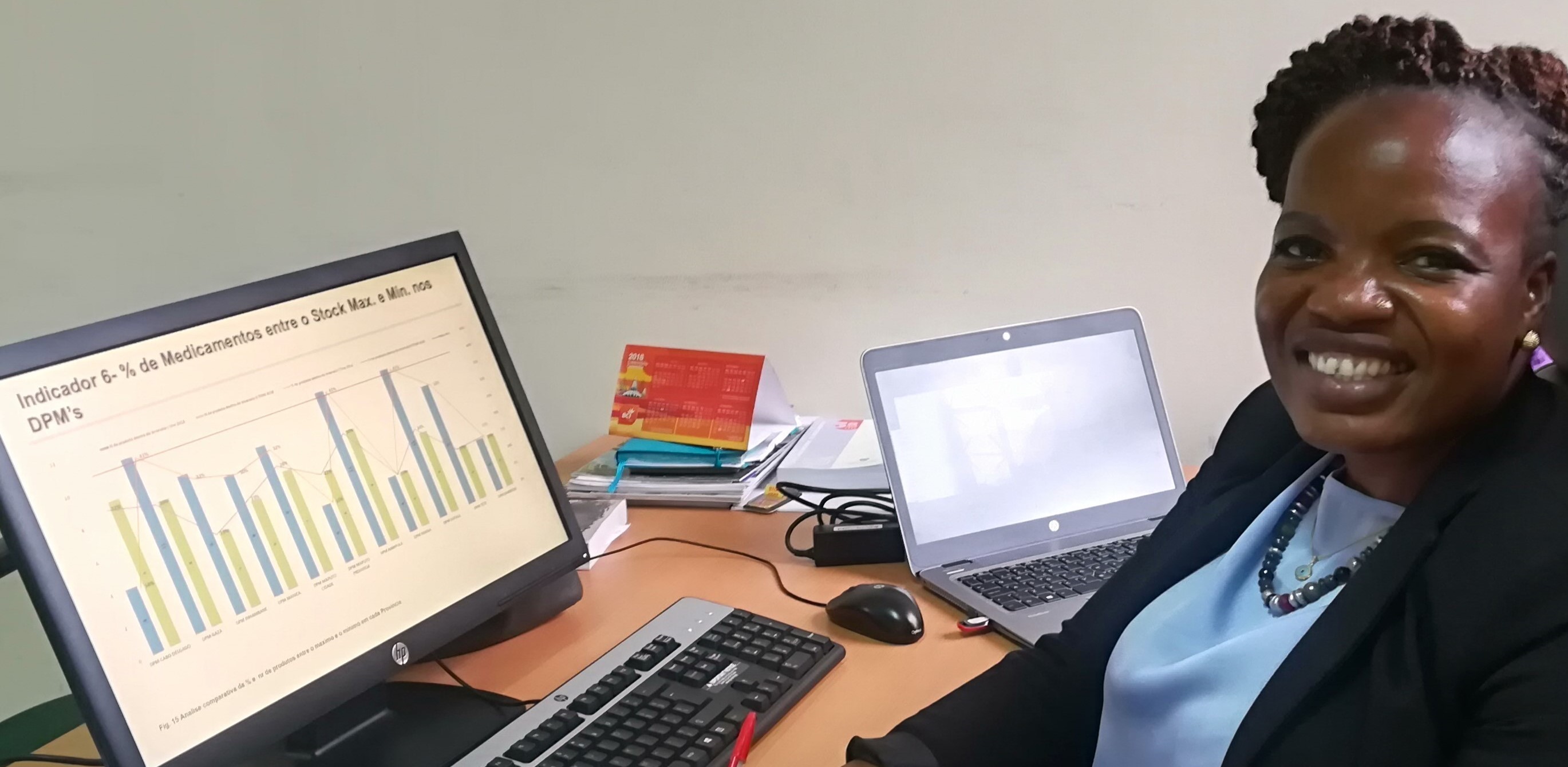Prior to implementation, databases for tracking commodities were isolated and lacked systematic procedures to validate data quality. With the FC, master data can be imported directly and is then replicated in other systems. During this process, the FC includes data-quality analysis functions that work to detect inconsistencies or anomalies that can be corrected at the origin. With this tool, the number of requisitions submitted has increased — greatly improving data collection for forecasting and supply chain planning.
Before the FC was created, it took at least 15 days to manually prepare a distribution plan. Now it automatically generates the plan in less than five minutes — aggregating all information related to the requisition, including stock-on-hand from all central warehouses. Analysis of the requisition data begins with the distribution plan, allowing users to make automatic calculations of the suggested quantity to approve, which used to be done manually. The FC has given greater visibility and control of the stock available in the central warehouses throughout the country — preventing approval of an order quantity that cannot be fulfilled and allowing for automatic rationing of the available stock based on the approved quantities to distribute.
In addition, the time needed to input the supply orders into the system has been reduced from a two week process to five minute automatic procedure with the use of the FC. System integration allows the supply orders to be imported without manual data entry, thus reducing errors and increasing data quality. The FC also streamlines periodic requisitions, emergency requisitions, and inter-warehouse transfers, helping prevent stockout and expiration of commodities. Previously, the stockout rate indicator would take a month to extract, aggregate, and analyze the data, but now is calculated with a single click.
There has also been a significant reduction in the time needed to produce reports and monitor key performance indicators (KPIs), which also used to be done manually. Although certain KPIs are not fully automated, they are still aided by the FC through facilitating data and other reports. One example is the indicator that determines the percentage of stockout of anti-retroviral treatments, which before took almost one month to produce, using multiple databases and several manual calculations. Today, it takes only a few minutes to extract from the FC.
GHSC-PSM partners with the Central de Medicamentos e Artigos Medicos (Central Medical Store Administration – CMAM), which is responsible for procuring essential medicines and pharmaceuticals for the government health system. Kamila Magaia, the Head of the Distribution department at CMAM (CMS) explains the benefits of the FC saying it has allowed for: “Reduction in the analysis time of requisition from two months to 14 days and reduction of errors in the quantities to be issued by the warehouse since there is no need for the warehouse to enter the quantities to be issued.” The FC tool has transformed the collection and management of the global health supply chain data in Mozambique, increasing access to essential health commodities.
